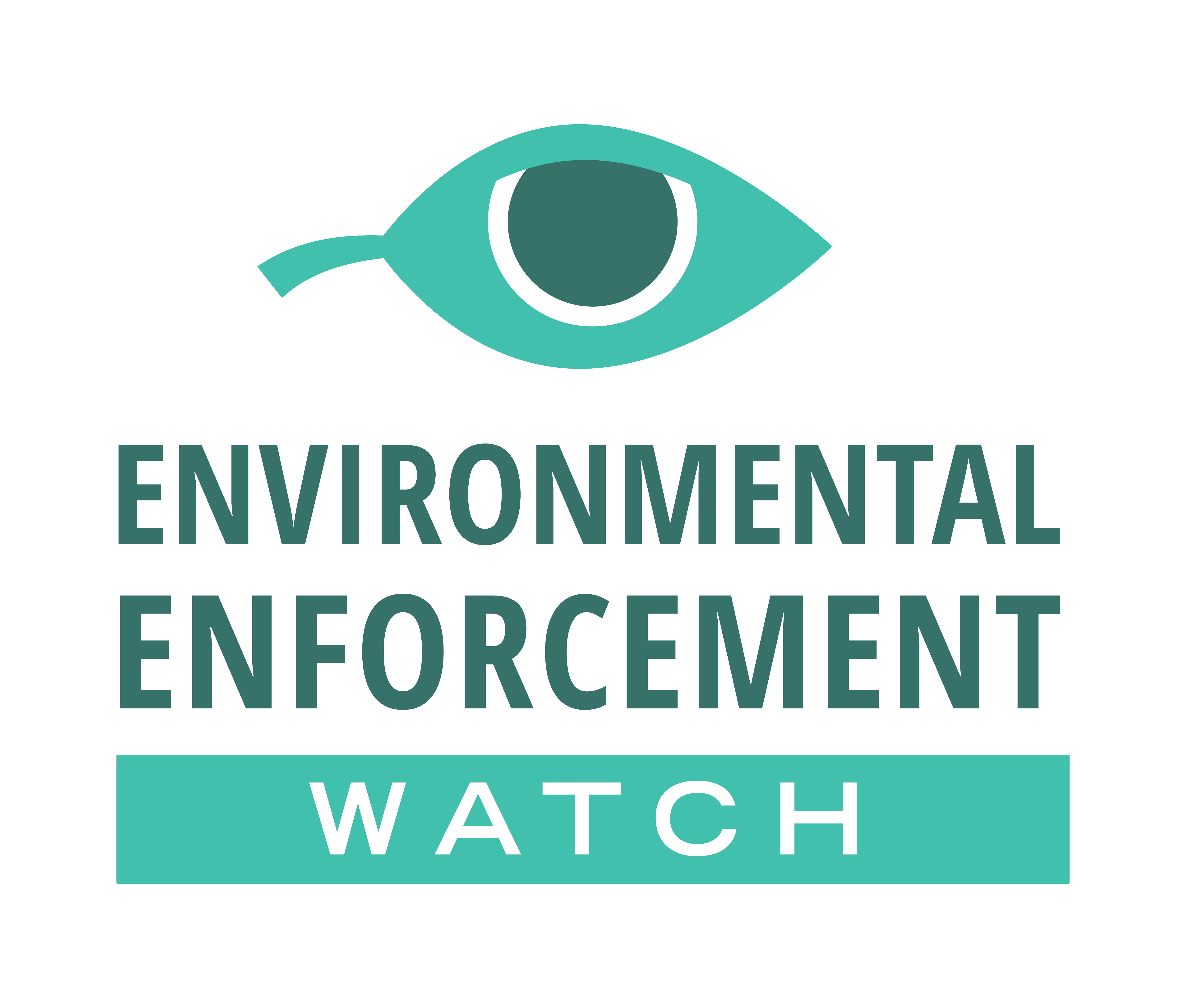On Thursday, April 29th, EDGI’s Environmental Enforcement Watch project (EEW) hosted our first open hour of the year to provide a networking space and structured conversation around the challenges participants from across the country face producing, using, and accessing environmental data for justice. Then, participants tried out EPA’s Enforcement and Compliance History Online (ECHO) tool to identify enforcement patterns across different geographies, including where event participants live. While the tool proved useful for identifying local facilities that report to EPA and their enforcement records, it was difficult to use and data were difficult to interpret.
The event drew participants from environmental justice groups and individuals from San Diego to Western New York. Here are some highlights from breakout discussions:
Data Challenges Breakout Session
Participants in this session discussed the importance for communities to find information quickly and easily when facilities pose immediate risks. Yet, there are barriers to understanding and accessing data. For instance, a lot of data from EPA comes in inconsistent formats without metadata or is not shared in a timely manner. Another barrier participants identified is low digital literacy, which consultants and data scientists can address by helping and training individuals in accessing and interpreting environmental data to keep track of polluting facilities nearby. However, data experts may not have the capacity to volunteer, not know how to use relevant tools, or communities may not have the resources to hire them.
Participants identified K-12 education that combines environmental science with advocacy as a potential solution to issues with accessing and interpreting data in local communities. Students that are concerned about what’s happening around them can play an important role communicating environmental information to the public by creating videos and making their voices heard in local meetings as they ask, “What are you doing to my future?” Organizations that work to collect environmental data, such as Citizen Science Community Resources and Buffalo Niagara Waterkeeper in Western New York, also work with students, to collect environmental data by sampling soil and water and engage with local community leaders.
Across the groups, a common issue was that some (for example, facility-collected) information counts as officially-recognized data, while other information doesn’t count—especially what community members in a particular place sense, perceive, and even measure. Meanwhile, emission reports from facilities that are sent to the EPA and regulatory monitors may not be reliable yet are counted as legitimate.
Using ECHO Breakout Session
Participants quickly noted that the ECHO interface had a lot of information and pins representing facilities on the maps we explored—where to start? When we entered place names or zip codes into the map, the map took us to the facilities in these areas, but we also noticed random pins visible outside of the area. Since ECHO doesn’t render facility pins on a larger scale, on states for example, we wondered why some pins were present outside of the geographic boundaries we searched while others weren’t. Were these data errors or something else? It was interesting to explore the facilities in our neighborhoods and see which ones had violated their permits over the past three years, but we couldn’t find data beyond that time period. A suggestion participants had for ECHO is to delineate types of land, like industrial vs. residential zones vs. public land, on the map. It was also noted that not much attention is paid to agricultural polluters and other nonpoint source pollution because ECHO is point-source focused.
We appreciate our participants who came out and made this event a success! We would also like to thank our funders for this event, Code for Science & Society, made possible by grant number GBMF8449 from the Gordon and Betty Moore Foundation.
Upcoming EEW Events
Environmental Enforcement Watch hosts regular public events exploring environmental data governance with communities.
We have a second open hour planned for June 17th, again holding space for members of community groups to meet and discuss shared challenges.
Feel free to keep up to date on our website and please reach out directly (environmentalenforcementwatch@gmail.com) if your group is interested in collaboration!

